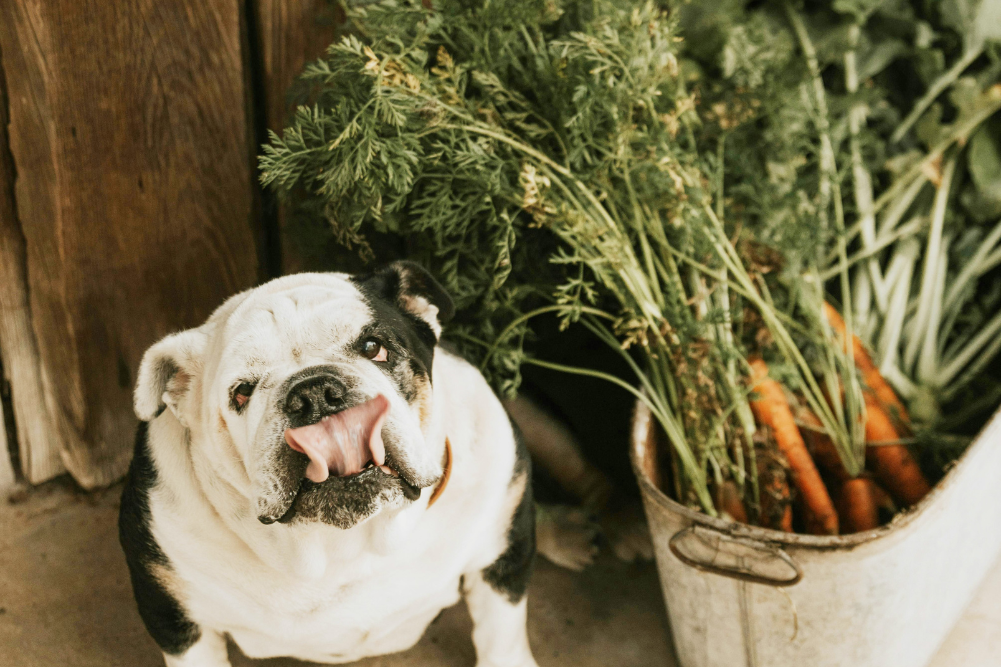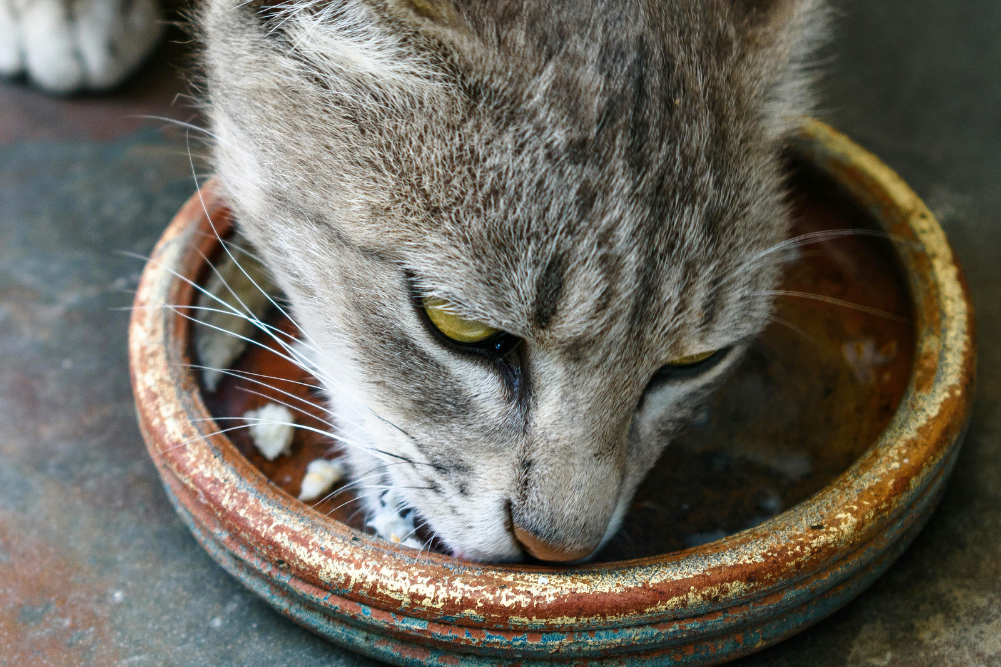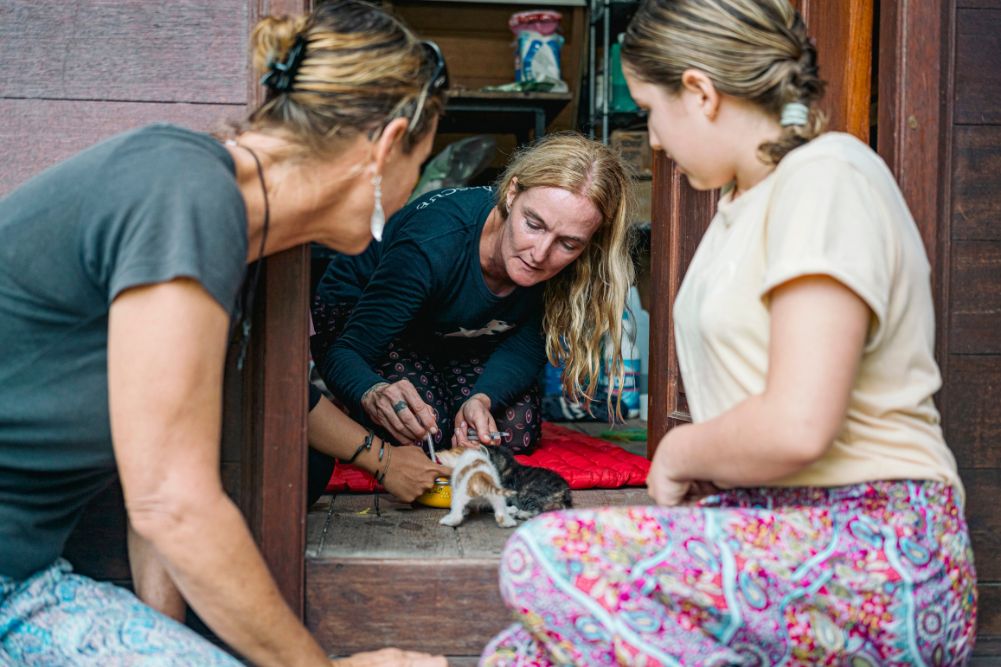Integrative Veterinary Medicine: A Holistic Approach to Pet Care
Explore integrative veterinary medicine, blending conventional and holistic treatments for improved pet care and wellness.
The Australian Integrative Medicine Association (AIMA) describes integrative medicine as “a philosophy of healthcare with a focus on individual patient care. It combines the best of conventional Western medicine with evidence-based complementary medicine and therapies.”
My definition of integrative practice is healing using the best of both worlds, although that’s probably too simple. These days, conventional veterinary medicine includes aspects previously regarded as complementary, such as nutrition and nutraceuticals, as well as rehabilitation. Holistic medicine may consist of many modalities, including but not limited to Western herbal medicine, traditional Chinese medicine (TCM), Ayurvedic medicine, naturopathy, homeopathy and physical therapies, such as acupuncture, massage, chiropractic and photobiomodulation. There are energetic remedies, including Reiki and Bowen, and emotional remedies, such as flower essences. Other alternative treatments include intravenous vitamin infusions, faecal transplantation, ozone, hyperbaric oxygen and gold implantation. This list isn’t complete, but most integrative vets will offer some of these modalities.
Why Pet Owners Are Turning to Integrative Approaches
More and more pet carers are looking for alternatives to conventional medicine. When I started working as an integrative vet in the early 2000s, our practice was the only one in Sydney offering this approach. The CIVT (College of Integrative Veterinary Therapies) directory now lists seven integrative practices in NSW, although there are probably more. Why this trend? Perhaps many reasons, including some distrust of conventional medical care, a view that natural or less invasive interventions might be safer, a pet carer’s philosophy for their health and the importance of the human-to-animal bond. How do we know integrative approaches work? A conventional approach to treat allergic dermatitis might include antibiotics to treat infection and corticosteroids to reduce inflammation and itch. This combination will probably relieve symptoms within several days. However, there may be side effects such as increased thirst, toileting and anxiety, and the inflammation and itch may return once the medicines are completed. So, does this conventional approach work? Yes, in the short term, with side effects. Not in the longer term.
Tilly’s Journey: A Case Study in Integrative Veterinary Care
So, what would an integrative approach for skin allergies be? Tilly was a three-year-old Cavoodle when I first met her, and she had intensely itchy skin. We used an itch scale and she rated eight out of 10, itching all night and all over. She’d been treated with Apoquel (oclacitinib), an immune-suppressing drug, which stops the itch as long as it is used daily. Apoquel may cause some bone marrow suppression in 1 per cent of dogs. The product insert warns it may exacerbate cancer, although there isn’t good evidence to support this. The main reason Tilly came to see me was because her owner was uncomfortable using this long-term, even though her symptoms had improved.
Reviewing Tilly’s Diet and Nutritional Support
I reviewed her diet. Nutrition is the building block upon which I create integrative care plans. She was fed a mix of a commercial dry grain-free food and a lamb-based home-made diet. Overall, her diet was unbalanced. Holistically, highly processed dry food is inflammatory and, using traditional Chinese food therapy, lamb is regarded as a warming ingredient.
Over four weeks, the dry food was reduced and the lamb diet was replaced with a cooked turkey and vegetable diet with added chicken heart and liver, sardines, an egg once per week and a whole-food “balancing powder” suited to healthy dogs.
Holistic Approaches and Skin Treatments for Pet Care
I added probiotics as biome support, bromelain and quercetin for their anti-inflammatory and antioxidant effects and a TCM herbal formula to address wind heat invasion and blood deficiency. We also focused on topical treatments — wiping her off with green tea after exposure to grasses — a common trigger for itchy dogs, as well as using chemical-free shampoos and conditioners and a moisturising oil to nourish her skin barrier.
After four weeks, her skin had improved, and she was no longer on Apoquel. I added some nettle leaf for additional symptom relief and Reishi mushroom for immune-modulating and prebiotic effects. We reviewed her preventative healthcare, reduced the frequency of vaccines and, while we continued tick protection due to the high risk for paralysis ticks, I added milk thistle as antioxidant support.
Successful Outcome with Integrative Care
Integrative care takes time but, after several months, we’d successfully reduced her symptoms and her reliance on medication. Tilly now has one anti-itch injection (Cytopoint) each spring. For her, the integrative approach reduced her symptoms and improved her quality of life and overall wellness.








